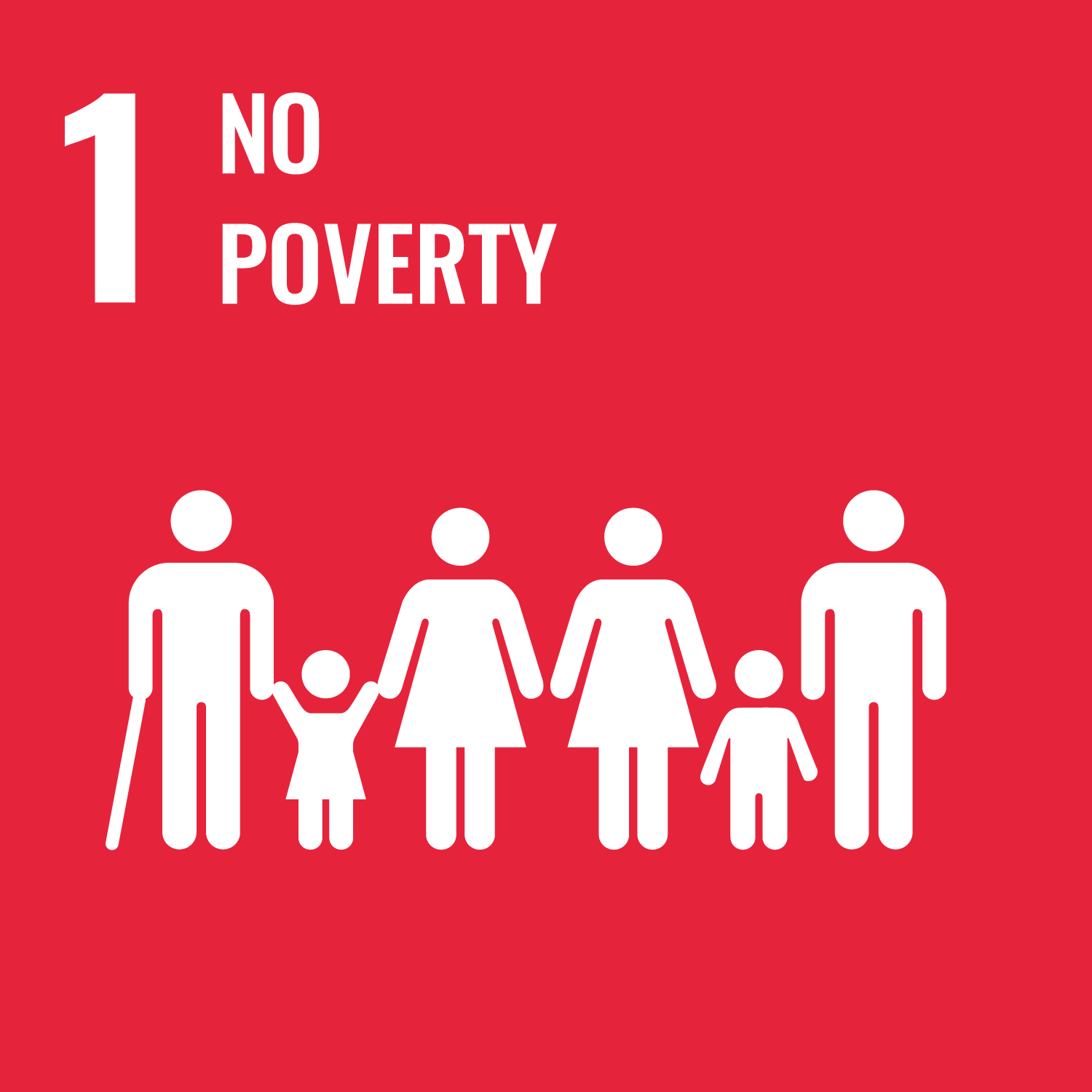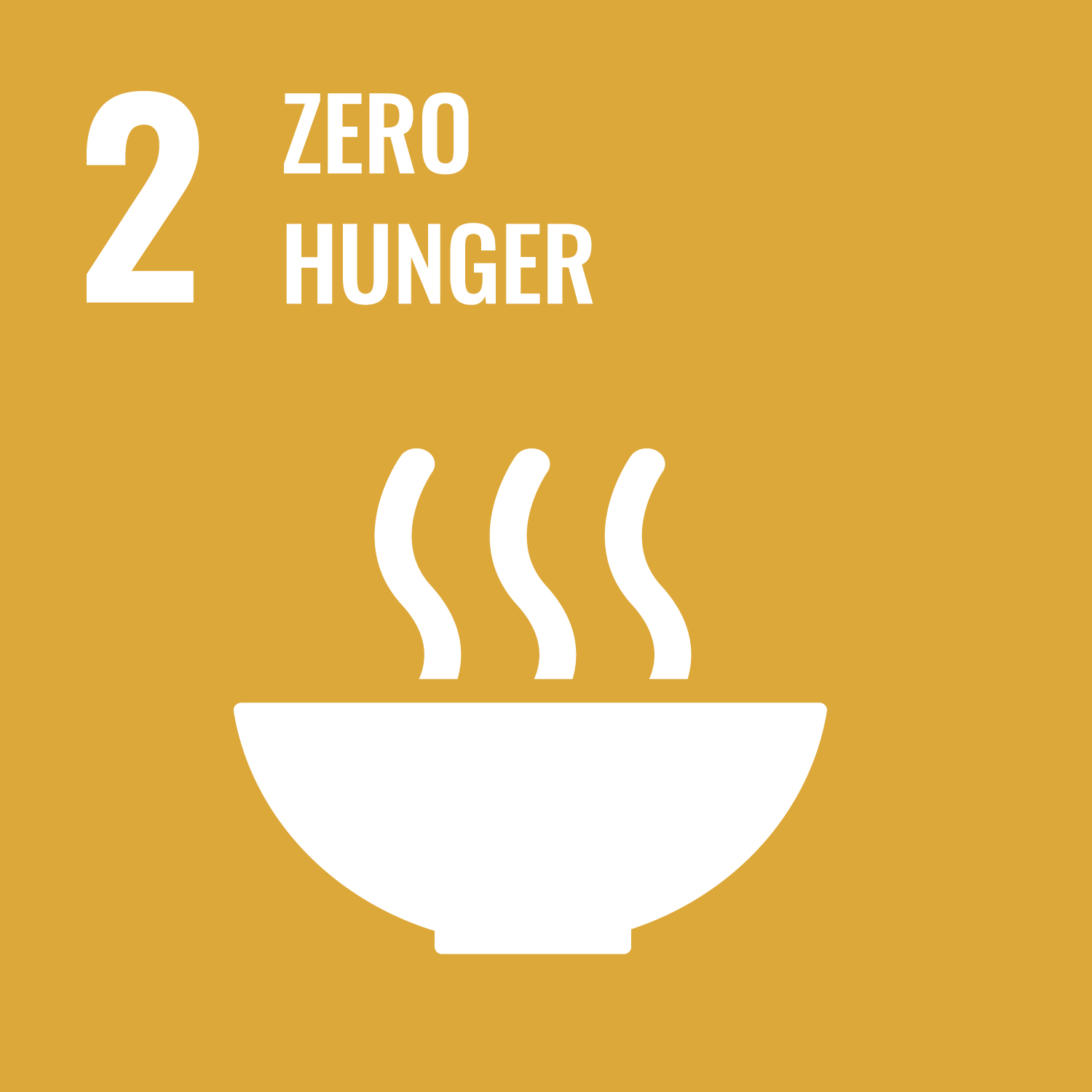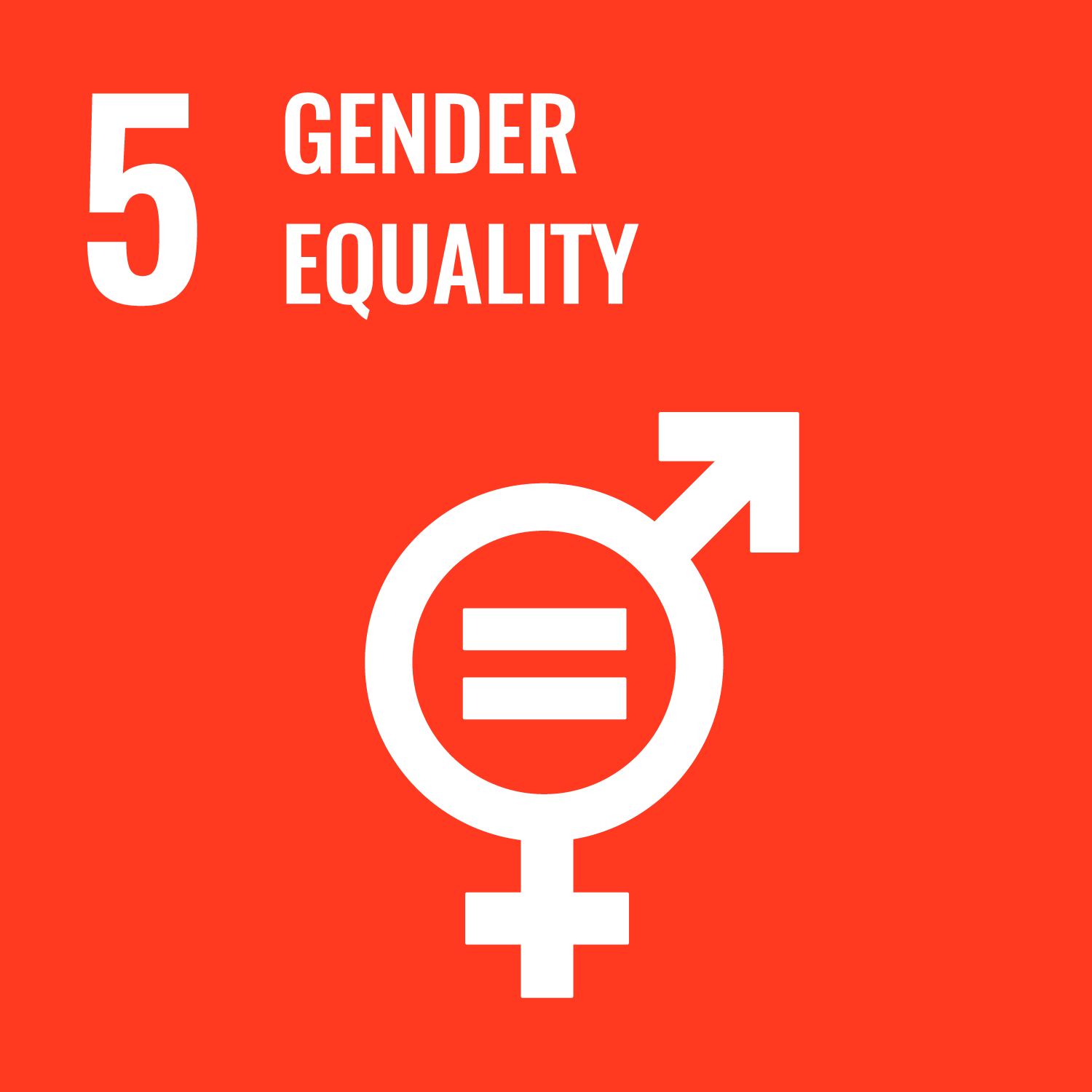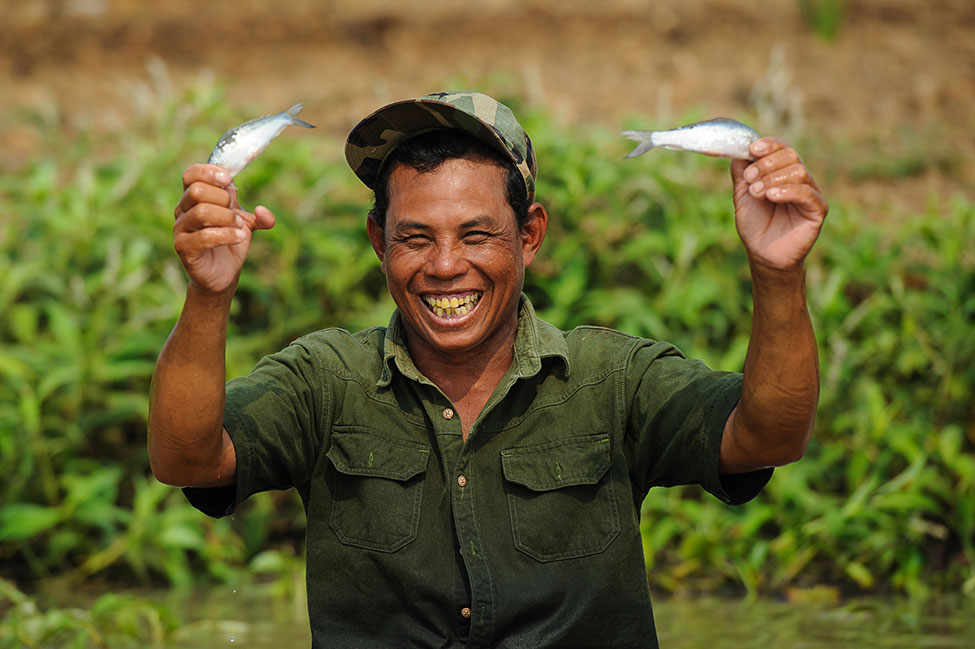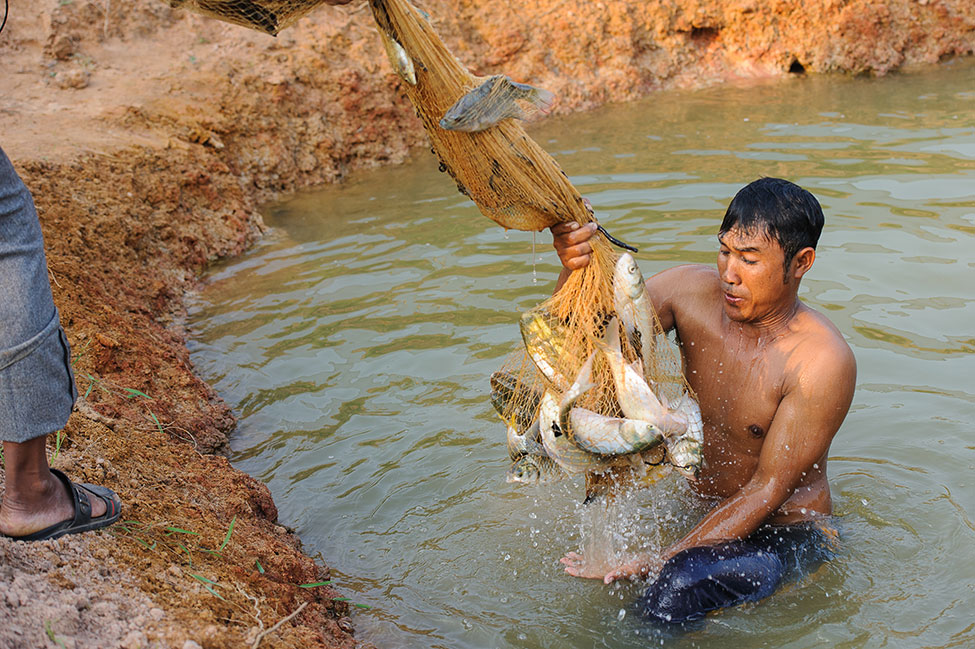Sustainable Aquaculture and Community Fish Refuge Management (SAFR)
OBJECTIVES
Programme objective:
SAFR contributes towards achieving the goals of the BMZ Special Initiative ‘ONE WORLD – No Hunger’ (SEWOH) for eliminating extreme poverty and hunger. Fish products from sustainable and resource-friendly fishing and aquaculture help to combat undernourishment and malnutrition.
Module objective:
Cambodia’s food-insecure population has access to more fish products and a higher income from sustainable aquaculture and resource-friendly pond farming and rice field fishing.
DESCRIPTION
Cambodia has experienced consistent economic growth and a reduction in poverty over recent years, however, rural populations continue to face many challenges. Due to frequent losses in harvest and income as a result of climate change and the diminishing availability of natural resources, sustaining everyday life is increasingly challenging. Undernourishment and malnutrition are highly prevalent, affecting 28% of all children and 20% of women aged 15 to 49.
Fish is the primary protein source of the local diet and provides a high proportion of essential micronutrients and vitamins. Similarly, the fisheries sector employs a disproportionately high percentage of the population. Around 85% of rural households in Cambodia depend on agriculture, forestry, and fishing.
The region around the Tonle Sap Lake is especially dependent on fisheries with its vast area of flood plains and seasonally inundated rice fields. Overfishing, pollution, climate change, and increasing demand for fish protein are only a few of the challenges for the fisheries sector.
The BMZ Special Initiative ‘Transformation of Agricultural and Food Systems’ aims to reduce extreme poverty and hunger. Under this initiative, the Global Programme on Sustainable Fisheries and Aquaculture was launched for the purpose of increasing the availability of fish products for food-insecure populations and boosting employment and incomes.
This global program establishes sub-projects in seven countries (Cambodia, India, Madagascar, Malawi, Mauritania, Uganda, and Zambia) addressing each target country’s unique situation for improving sustainable small-scale fisheries and aquaculture management.
APPROACH/FIELD OF INTERVENTION
Training on technical aspects and business skills for aquaculture farmers and fingerling producers to increase production and profits: Topics such as bookkeeping, pond construction, feed and water quality, fish stocking, harvesting, and marketing are conveyed in hands-on training.
Capacity building for Community Fish Refuge (CFR) Management Committees: CFR committee members, particularly women, are trained in organizational development, transparent decision-making, and improved CFR management to reduce illegal, unreported, and unregulated (IUU) fishing activities.
Strengthening the political framework for Cambodia’s fisheries and aquaculture sector: Active contribution to the national aquaculture strategy and multi-stakeholder platforms and promotion of the sustainable use and conservation of natural resources in line with ASEAN guidelines on aquaculture and artisanal fishing.
TARGETED BENEFICIARIES
- Food-insecure population has access to more fish products and higher incomes from sustainable household-based aquaculture and resource-friendly community-based rice-field fishing,
- Technical training for household aquaculture pond farmers develops expertise and practical skills that boost the production and quality of broodstock and farmed fish. Business training develops participants’ skills in the monitoring of profits and losses through simple documentation of revenue and expenditure,
- An effective CFR management system allows for transparent dialogue and joint action by the community, commune councils, and NGOs, and the development of community-led action plans that promote sustainable management of community-based rice-field fisheries systems and reduced illegal, unreported, and unregulated (IUU) fishing practices
HIGHLIGHT ACTIVITIES
- Capacity support on CFR sustainable management (support with selecting locations for refuge ponds (with year-round availability of water) and caring for the ponds (depth, planting, fish stocks) and for creating appropriate management structures, including committee organisation, fisheries management, and inclusive and trans-parent processes. Committees are commonly elected to manage CFRs),
- Provide continuing technical and business training to extensive to semi-extensive pond culture farmers and broodstock producers (technical training includes areas such as pond construction, fish stocks, feeding, water quality, harvesting, and marketing. These courses focus on practical hands-on training. Business training will develop participants’ skills in drawing up a profit and loss account and formats for simple documentation of revenue and expenditure. Use of additional expertise and improved practical skills will boost the production and quality of broodstock and farmed fish)
VIDEO
SUCCESS STORIES
Homestead aquaculture pond – an affordable solution to improve household food and nutrition security
Having a small pond on the premises of a rural residential area means adding a productive asset to improve the devastated rural livelihood portfolio. This kind of earthen pond can supply water for domestic consumption, animal watering, growing fish, and watering home gardening, especially in the dry season due to frequent droughts.
Ms. Nov Sophy is one of the many fish farmers, who receive support from the GiZ Sustainable Aquaculture and Community Fish Refuge Management project. Her pond can supply sufficient supplemental food for her household and on top of that, she can earn approximately USD 60 per production cycle from selling the remaining fish. Furthermore, she earns another USD 30 from selling the vegetables from her garden. These additional incomes are important for supporting her two kids going to school.
“These incomes may not be much for the rich, but they are really important for rural people like us” Ms Nov Sophy added. The farmer’s main income often depends only on selling “paddy”, which is not guaranteed as frequent droughts and floods threaten the rice yields. Therefore, the diversification of activities is key for their livelihood security.
GiZ through the Sustainable Aquaculture and Community Fish Refuge Management works with 400 small-scale aquaculture farmers in Cambodia’s province Kampong Thom. The project supports one-half of the farmers by excavating a fishpond, while the other half have their existing fishponds renovated. With regular onsite technical support, the project aims for affordable costs of small-scale aquaculture to become the new livelihood activity of choice for these farmers. Furthermore, the farmer’s creativity is asked as the water of their fishponds can have multiple uses e.g., watering their vegetables and other crops in the dry season. This helps them better secure the status of their food security and promotes additional household income as well.
Awareness raising – the basis for women’s inclusion in community work and decision-making
Under the BMZ special initiative ‘A World Without Hunger’, the project on Sustainable Aquaculture and Community Fish Refuge Management (SAFR) has as one of its priorities to encourage the active participation of women in decision-making at the community level.
To have women participate in the project activities actively, the project faces two main challenges, one internal, one external, showing women struggle to perform their duties on Community Fish Refuge (CFR) Management Committees, namely: 1) internally, women don’t have enough time, and have low or no educational background, and 2) externally, the traditional view is that positions on CFR Management Committees is not appropriate for women. To mitigate these challenges, the project consistently works to raise the awareness among CFR Management Committee members and the broader community on gender roles and to minimize the negative perception toward women handling community work.
“I must admit that I did not know much about the importance of having women join the (CFR Management) Committee. After I received training on gender roles and I better understand, I realize that women are as important as men in doing community work. So, my male colleagues and I work together and support the female CFR Management Committee members to perform their jobs” Mr. Ly Peng Chhoun, CFR Chief – Boeng Khangek Ngout.
Women themselves express that they are interested in taking part in community development work, however, they have limited time available and are afraid that they could not do much to help the community as they feel inferior to men in terms of capacity and worry they may not be accepted by the community.
“As a woman, I know that not only me, but other women in the community also feel proud to work for the community provided that the society accepts and supports us in decision-making positions. After several elderly people from the community approached my husband and suggested he encourage me to become a candidate, I decided to play a more active role in community development and stand as a candidate for a position on our CFR Management Committee.” Ms. Sokh Samart, a woman CFR Management Committee member from Boeng Khangek Ngout.
The results of these efforts by the project to promote women into community management positions has seen 22 women (25.6%) elected to the available 86 CFR Management Committee positions at 10 target CFRs. The project is continuing to support and promote awareness on gender roles and hopes to see at least 40% of women elected to CFR Management Committee positions. It is important to recognize and emphasize that it is not only about increasing the number of women in management and decision-making positions but also that these women play active roles and receive concrete support from men and the wider communities.
COUNTRY
Cambodia
DURATION
2019 - 2023
Commission Agency
BMZ
SDG
